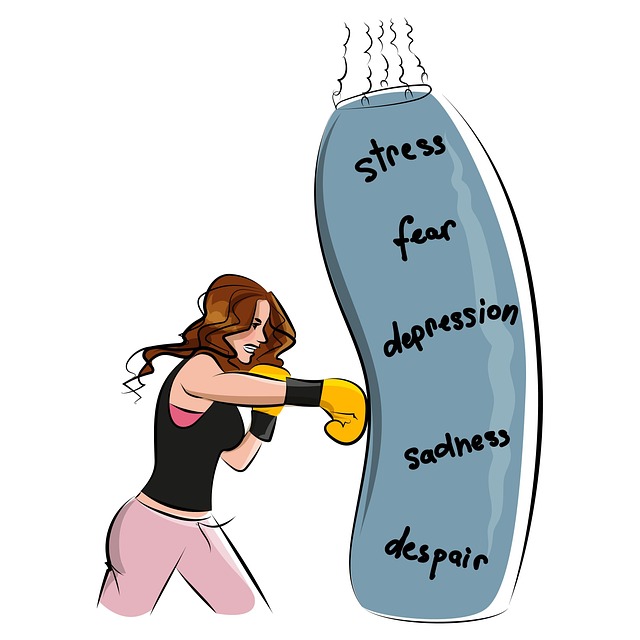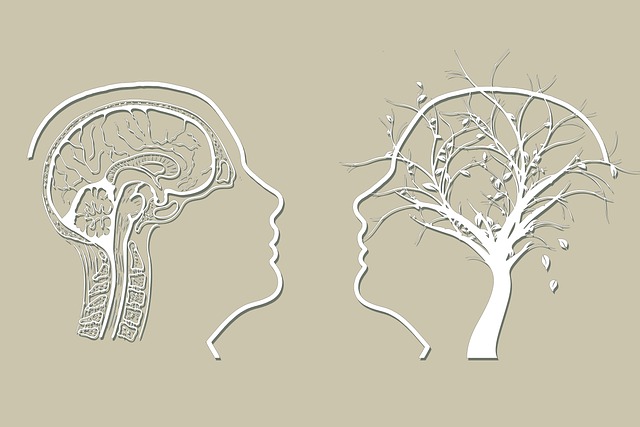In today's fast-paced world, Broomfield Alcohol Abuse Therapy emphasizes the vital role of self-care in mental well-being. Practices like Compassion Cultivation and Healthcare Provider Cultural Competency Training contribute to overall health. Understanding personal needs through introspection and applying "Mind Over Matter" principles leads to effective emotional regulation and better self-care decisions. Integrating routines like mindfulness, exercise, and balanced nutrition into daily life fosters inner strength and resilience. Broomfield Alcohol Abuse Therapy offers specialized support to overcome barriers, providing tools for trauma healing and mood management through personalized therapy sessions tailored to individual needs.
In today’s fast-paced world, self-care practices are essential for maintaining mental wellbeing. This comprehensive guide explores the significance of self-care and offers practical strategies for improvement. We delve into identifying personal needs, integrating effective routines, and overcoming barriers to sustain long-term healthy habits. Discover how Broomfield Alcohol Abuse Therapy can foster a holistic approach to self-care, emphasizing the importance of nurturing both mind and spirit.
- Understanding the Importance of Self-Care for Mental Wellbeing
- Identifying Personal Self-Care Needs and Priorities
- Strategies for Integrating Effective Self-Care Routines
- Overcoming Barriers and Sustaining Long-Term Self-Care Practices with Broomfield Alcohol Abuse Therapy
Understanding the Importance of Self-Care for Mental Wellbeing

In today’s fast-paced world, self-care is not a luxury but a necessity for maintaining mental wellbeing. Understanding the importance of self-care practices such as Compassion Cultivation and Healthcare Provider Cultural Competency Training can significantly contribute to our overall health and happiness. Incorporating activities that promote relaxation, mindfulness, and emotional balance can help reduce stress levels and prevent conditions like anxiety relief and depression.
Broomfield Alcohol Abuse Therapy highlights the interconnectedness between self-care and mental health recovery. By prioritizing personal well-being, individuals become better equipped to face life’s challenges. Moreover, these practices foster cultural competency among healthcare providers, enabling them to offer more personalized and effective care. This holistic approach not only benefits the individual but also strengthens the community’s overall resilience.
Identifying Personal Self-Care Needs and Priorities

Understanding your personal self-care needs is a crucial step in enhancing your overall well-being. This journey often begins with introspection and recognizing what brings you joy, relaxation, and balance. Every individual has unique requirements when it comes to self-nurturing, whether it’s dedicated time for hobbies, regular exercise, mindfulness practices, or seeking professional support like Broomfield Alcohol Abuse Therapy. Identifying these needs is an empowering act that allows you to prioritize your mental and physical health.
One effective approach to uncover personal self-care priorities is by applying the Mind Over Matter principles. This involves recognizing the connection between your thoughts, emotions, and actions. For instance, practicing emotional regulation techniques can help manage stress and anxiety, leading to better decisions about how to allocate time for self-care. By integrating these practices into daily routines, you can create a sustainable self-care plan tailored to your specific needs, ensuring a healthier and more fulfilling life.
Strategies for Integrating Effective Self-Care Routines

Integrating effective self-care routines into your daily life is a crucial step towards enhancing overall well-being and promoting inner strength development. Starting small can make a significant difference; for instance, dedicating just 15 minutes each day to mindfulness exercises or engaging in hobbies you love can significantly reduce stress levels. At Broomfield Alcohol Abuse Therapy, we often emphasize the importance of coping skills development through self-care practices.
By establishing a consistent routine, such as regular exercise, balanced nutrition, and sufficient sleep, individuals can build a solid foundation for their mental health. Additionally, setting boundaries and learning to say no when needed is an essential aspect of self-care that allows for time and energy to focus on personal growth and recovery. Incorporating these strategies into your life can lead to profound improvements in your ability to cope with challenges and strengthen your inner resilience.
Overcoming Barriers and Sustaining Long-Term Self-Care Practices with Broomfield Alcohol Abuse Therapy

Overcoming barriers to self-care is a significant step toward long-term well-being, and Broomfield Alcohol Abuse Therapy offers specialized support in this journey. Many individuals struggle with incorporating self-care practices into their daily routines due to various challenges, such as busy schedules, underlying mental health conditions, or past traumas. These factors can hinder healthy habits and emotional regulation, making it difficult to sustain meaningful self-care.
Broomfield Alcohol Abuse Therapy provides a safe and non-judgmental environment where individuals can explore and address these barriers. Through personalized therapy sessions, clients gain valuable tools for trauma support services and mood management. By learning effective coping strategies, individuals can overcome obstacles, enhance their emotional resilience, and cultivate sustainable self-care routines tailored to their unique needs.
Self-care is a powerful tool for enhancing mental wellbeing, and by understanding your personal needs, you can create effective routines. This article has provided valuable insights into the importance of self-care and offered practical strategies to overcome barriers. Broomfield Alcohol Abuse Therapy highlights the significance of sustained practices, ensuring folks can navigate life’s challenges with resilience. Remember, prioritizing self-care is a game-changer for fostering a healthy, fulfilling life.














